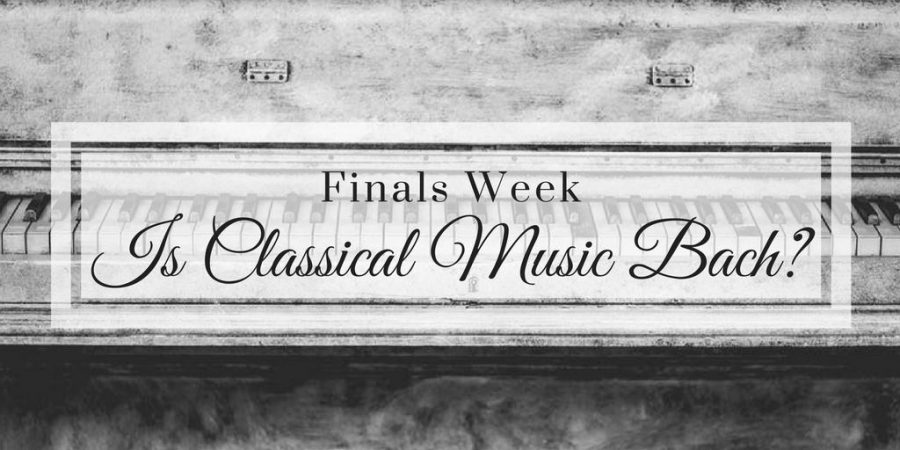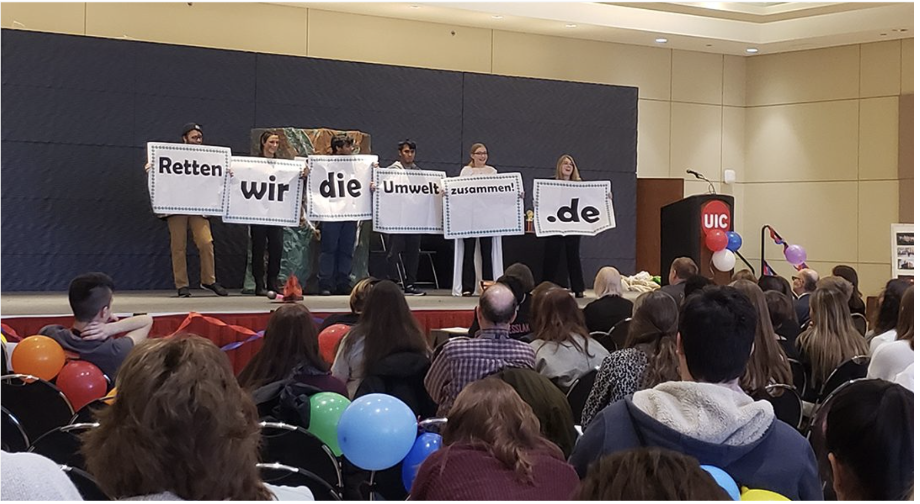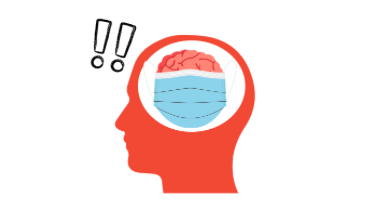The power of music has a surprisingly profound influence on our minds, mood, and memory.
As finals week approaches, students throughout LFHS will begin scrambling for every kind of study trick or last-minute cramming aid that they can find. Although we all love our classic country, rock, pop, and rap playlists playing in the background while we study, it has been proven that listening to classical music can significantly improve your memory and academic performance.
A university in France found that students who listened to a one-hour lecture where classical music was played in the background scored significantly higher upon completing a quiz on the lecture when compared to a similar group of students who heard the lecture with no music.
Classics composed by Mozart as well as music styles such as Baroque provide the key to unlock your brain’s capacity — a consistent pattern of 60 beats per minute. The Center for New Discoveries in Learning states that “learning potential can be increased a minimum of five times by using this 60 beats per minute music.” This frequency activates both the left and right sides of the brain simultaneously, maximizing learning and retention of information. The left is stimulated by the information being studied, while the music activates the right. Through this, the brain is more capable of processing and storing information in long term memory.
“Music has the potential to take a person from the Beta brainwave state to deeper Alpha, and then Theta brainwave states, depending on the music,” explained Dr. Masha Godkin, a professor in the Department of Marriage and Family Sciences at Northcentral University. While in this relaxed state of mind, your learning ability is increased, blood pressure and heart rate can be lowered, sleep can be improved, and anxiety can be reduced. In fact, a team of researchers at the University of Toronto found that tuning into classical music before bedtime helped people fall asleep faster and stay asleep longer.
Listening to classical playlists with 60 bpm songs is quite possibly the easiest way to boost your brain power in these upcoming weeks as you begin cracking open the books.


















